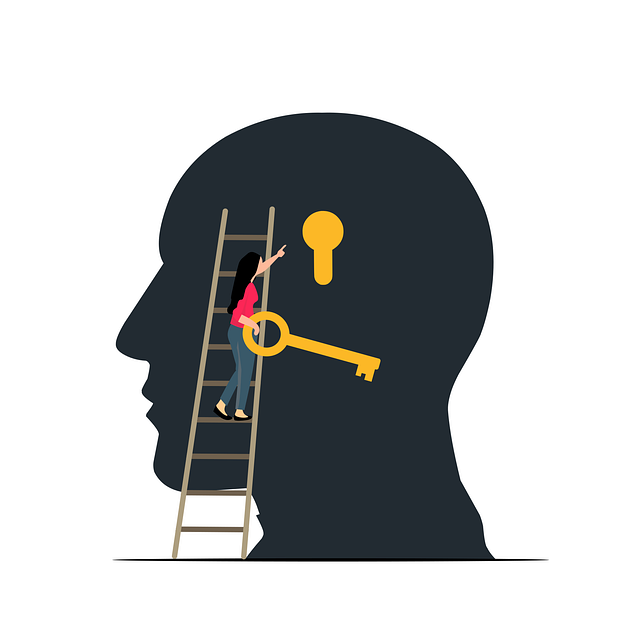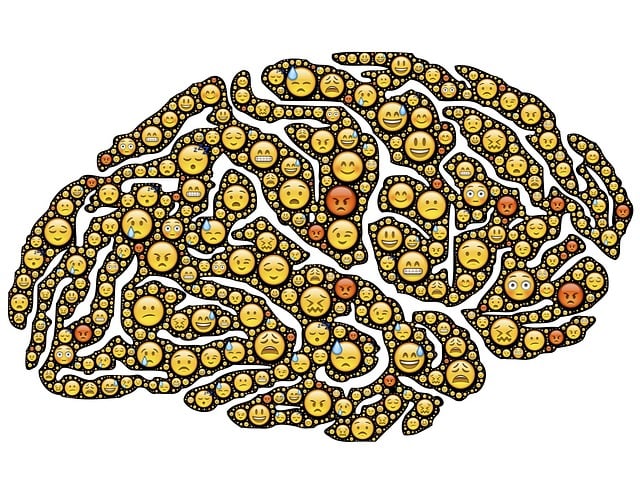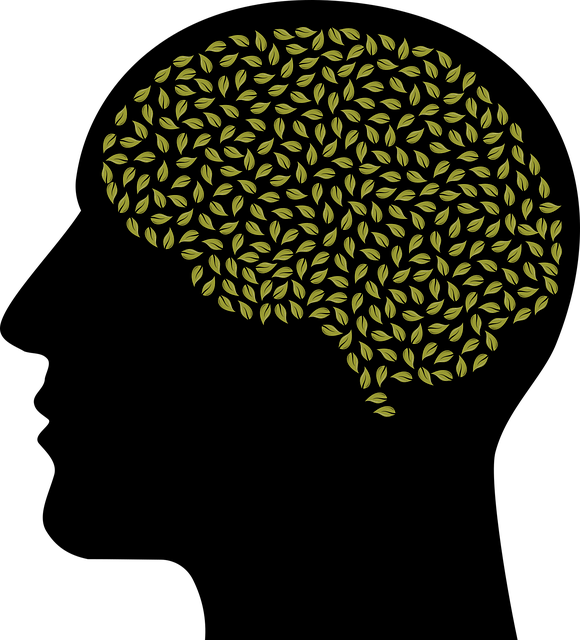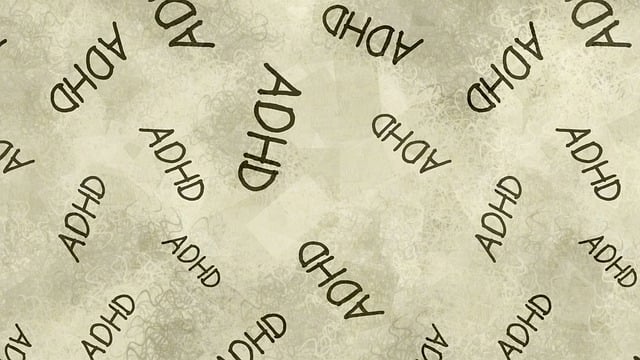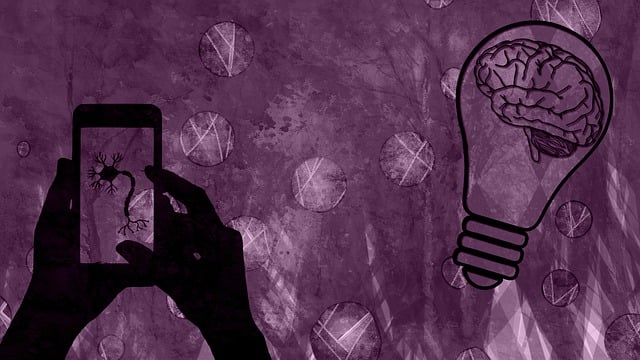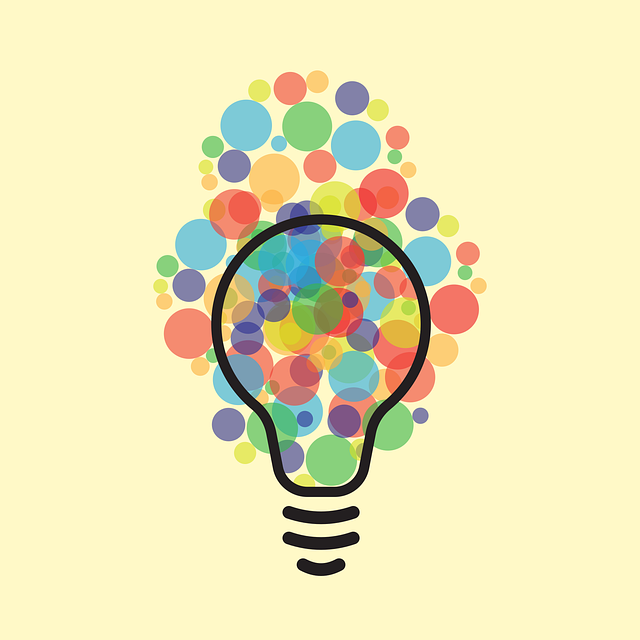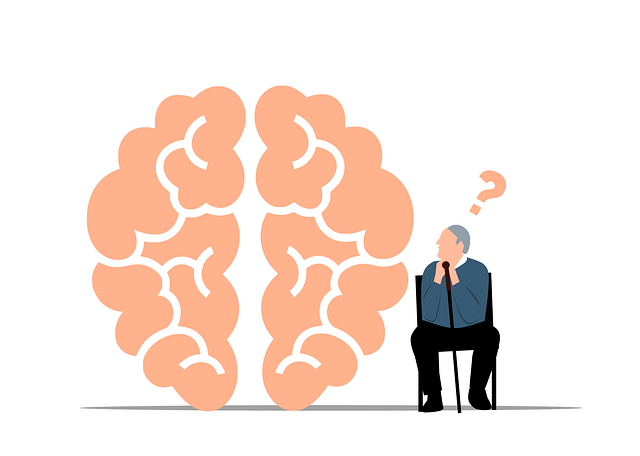Therapy for Adolescent Teens: Overcoming Cultural Bias with Independent Medical Evaluations
Independent medical evaluations are crucial for adolescent teens seeking therapy, offering comprehensive mental health assessments tailored to their needs. However, cultural bias among healthcare providers can lead to misdiagnoses or ineffective treatments. To address this, immersive training involving role-playing and case studies focused on teen care enhances communication skills and cultural sensitivity. Integrating IMEs into curricula ensures accurate assessments, while ongoing sessions in Mental Health Policy Analysis promote best practices and improve access to care for adolescents dealing with depression prevention and trauma support.
Cultural competency is an essential component of modern healthcare, especially in providing quality care for diverse adolescent populations. This article explores the critical need for cultural competency training among healthcare providers and its profound impact on therapy and independent medical evaluations for teens. We delve into effective strategies to enhance cultural sensitivity, ensuring better outcomes for young patients from all backgrounds. Understanding and addressing cultural biases are game-changers in improving adolescent care.
- Understanding Cultural Competency in Healthcare: A Necessary Foundation
- The Impact of Cultural Bias on Adolescent Therapy and Evaluations
- Effective Training Strategies for Medical Professionals to Enhance Teen Care
Understanding Cultural Competency in Healthcare: A Necessary Foundation

The Impact of Cultural Bias on Adolescent Therapy and Evaluations

Cultural bias can significantly impact therapy and evaluations for adolescent teens, often leading to misdiagnoses or ineffective treatment plans. Healthcare providers, especially those involved in independent medical evaluations, must be aware of their own biases and how they might influence interactions with young patients from diverse backgrounds. Teens already face unique challenges related to mental wellness, anxiety relief, and navigating critical life transitions. When a provider’s cultural perspective is skewed, it can hinder the development of trust and open communication necessary for accurate assessments.
This bias may manifest as assumptions about a teen’s behavior or family dynamics based on cultural stereotypes. For instance, what might be considered normal adolescent risk-taking in one culture could be interpreted as signs of rebellion or mental health issues in another. Effective therapy for adolescent teens requires culturally sensitive approaches and the integration of mental wellness coaching programs that address these biases. By enhancing communication strategies, providers can create a safer space for teens to express themselves honestly, leading to more accurate evaluations and tailored interventions.
Effective Training Strategies for Medical Professionals to Enhance Teen Care

Effective training strategies for medical professionals should focus on immersive experiences that mimic real-world scenarios, especially when addressing teen care. Role-playing and case studies involving adolescents can help healthcare providers improve their communication skills and cultural sensitivity. By engaging in therapy simulations, doctors and nurses gain insights into the unique challenges faced by young patients, fostering a more empathetic approach. This hands-on training is crucial for building trust and encouraging open dialogue between medical professionals and adolescent teens.
Integrating independent medical evaluations (IMEs) into the curriculum ensures that healthcare practitioners are equipped to assess teen patients’ mental health needs accurately. In light of rising concerns about depression prevention and trauma support services, IMEs provide a structured framework to identify potential issues. Through ongoing training sessions focused on Mental Health Policy Analysis and Advocacy, medical professionals can stay updated with best practices and advocate for improved access to care. These strategies collectively contribute to creating a more inclusive healthcare environment tailored to the specific needs of adolescent teens.
Cultural competency training is a game-changer in healthcare, especially when it comes to adolescent therapy and independent medical evaluations. By understanding and addressing cultural biases, medical professionals can significantly enhance teen care. The strategies outlined in this article provide a solid foundation for navigating the complexities of diverse patient populations, ensuring more effective and equitable treatment outcomes for all adolescents.
